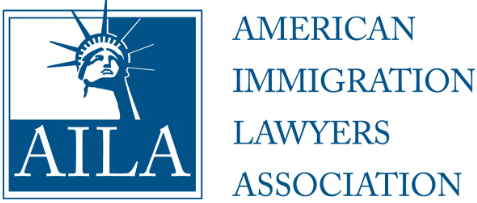This visa category is for professional workers, usually for positions requiring a bachelors degree or higher. Some H-1B petitions are subject to the annual cap, and some are cap-exempt (meaning that they don’t require a visa number). Once a year there is a lottery for H-1B visa number that occurs around April 1st.
Details:
The H-1B visa is a non-immigrant visa category in the United States that allows U.S. employers to temporarily employ foreign workers in specialty occupations. Here’s an overview of the H-1B visa:
- Specialty Occupation: The H-1B visa is intended for individuals with specialized knowledge or skills in fields such as science, technology, engineering, or mathematics (STEM), as well as other professional fields. The job must require at least a bachelor’s degree or higher in a specific field.
- Employer Sponsorship: To obtain an H-1B visa, a foreign worker must have a job offer from a U.S. employer. The employer must file a petition with U.S. Citizenship and Immigration Services (USCIS) on behalf of the foreign worker.
- Numerical Cap: There is an annual cap on the number of H-1B visas that can be issued, with a certain number reserved for individuals with advanced degrees. The specific cap limits may change from year to year.
- Duration: H-1B visas are typically granted for an initial period of three years, with the possibility of extension for up to six years. After that, the individual must leave the U.S. for at least one year before becoming eligible for a new H-1B visa.
- Dual Intent: H-1B visa holders are allowed to have “dual intent,” which means they can pursue lawful permanent resident (green card) status while on an H-1B visa without jeopardizing their current status.
- Dependents: H-1B visa holders’ spouses and unmarried children under 21 years of age can apply for H-4 dependent visas to accompany the primary H-1B visa holder to the U.S. H-4 visa holders are generally not allowed to work in the U.S., but there have been changes to this policy over the years.
- Prevailing Wage Requirement: Employers are required to pay H-1B workers the prevailing wage for their specific job and location to ensure that foreign workers do not undercut the wages of U.S. workers.
- Change of Employer: H-1B visa holders can change employers, but the new employer must file a new H-1B petition on their behalf before they can start working for the new company.
- Visa Extensions: H-1B visa extensions are possible beyond the initial six-year limit under certain circumstances, such as if the individual has a pending green card application.
- Path to Permanent Residency: Many H-1B visa holders use the visa as a stepping stone to obtaining permanent residency in the United States. However, the process can be lengthy and may require employer sponsorship.


